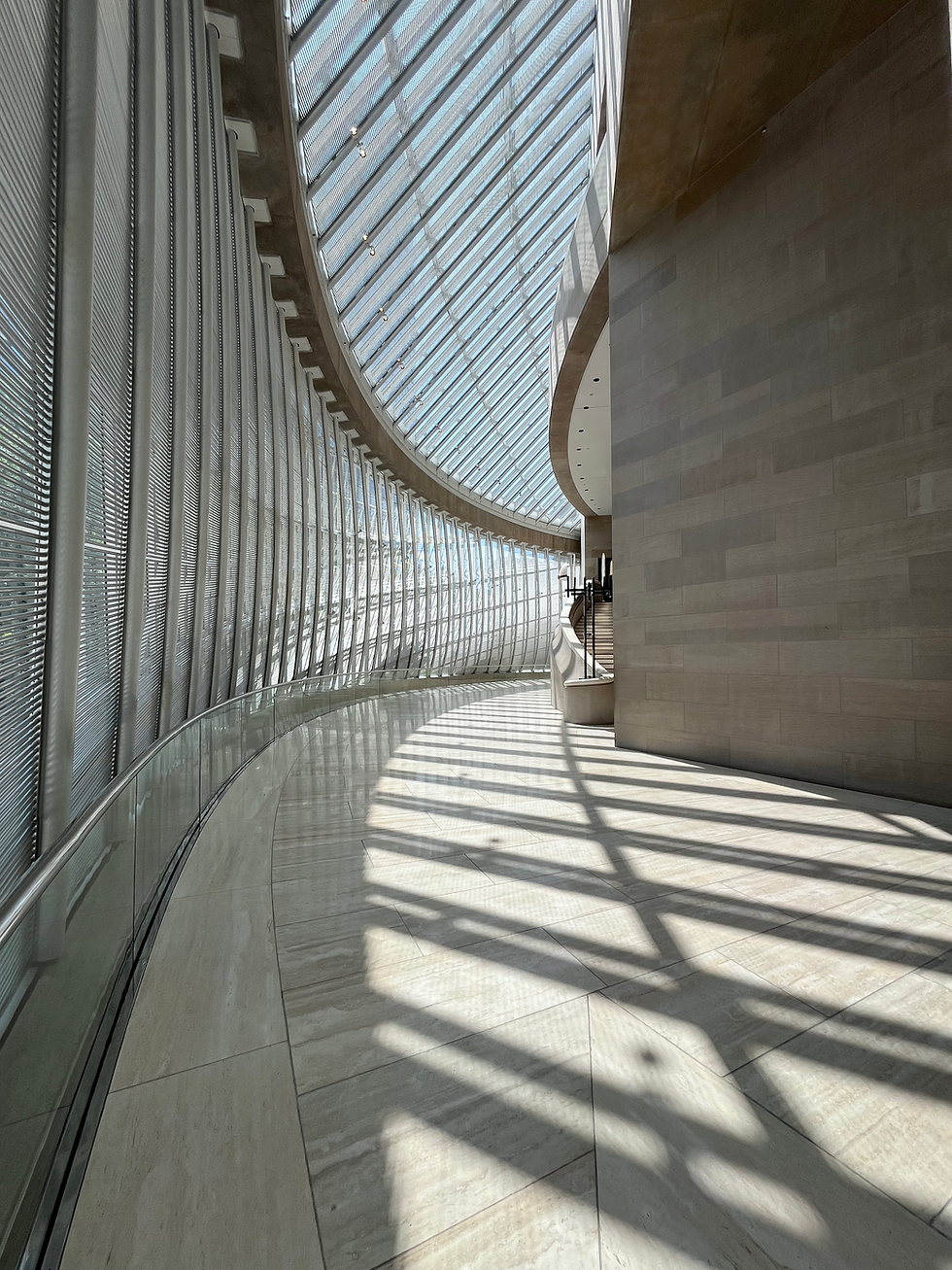Developing Dallas City Hall may Contradict Planning Efforts
- DCH
- Nov 1
- 2 min read
Updated: Nov 1
Selling or otherwise developing this iconic site for uses other than public sector raises important questions about how it aligns with the long range planning of Downtown Dallas.
The Importance of the Downtown Dallas Parks Master Plan and Downtown Dallas 360
The Downtown Dallas Parks Master Plan was designed to transform the urban landscape into a vibrant, green, and accessible environment. Since 2004, approximately 23 acres of parkland has been added to downtown Dallas. If the City Hall site is developed, nearly half of this gained parkland would be negated by the development as the total parkland/open space surrounding City Hall totals more than ten acres.
Community Engagement and Public Spaces
A key principle of the Downtown Dallas Parks Master Plan is fostering community engagement. The sale of City Hall could lead to the loss of a public space integral to community life.
City Hall is already a notable and recognizable place for events, celebrations, and public forums. This aligns with the Parks Master Plan's vision of creating areas that encourage community interaction and pride. Selling City Hall would limit these opportunities and lessen residents' sense of ownership of their city.
The Downtown Dallas Parks Master Plan's Current and Planned Land Use designations show the land in front and behind city hall as a "park".

Downtown Dallas 360 envisioned the Dallas City Hall being a key activity node for pedestrian traffic.

The Downtown Dallas 360 Plan has also called for City Hall to remain an integral part of the Civic Center.

A Call to Action for Community Preservation
The potential development of Dallas City Hall contrasts with the objectives of the downtown planning efforts and the city's established vision. This effort to save City Hall is not just about iconic building, but also the preservation of rare open space in the downtown core.
As discussions continue, it's essential for city officials to consider the long-term consequences of their decisions and prioritize the community’s needs and aspirations. The future of Dallas depends on a commitment to comprehensive planning and a focus on preserving the spaces that give the city its uniqueness.




